When Zen Master Thich Nhat Hanh talks about the Buddhist concept of emptiness, he always asks the question, “Empty of what?”
Much of the time the answer is “Empty of a separate existence.”
This means that nothing exists in isolation without interaction with everything else.
If something did, we would never be able to access it or find out anything about it.
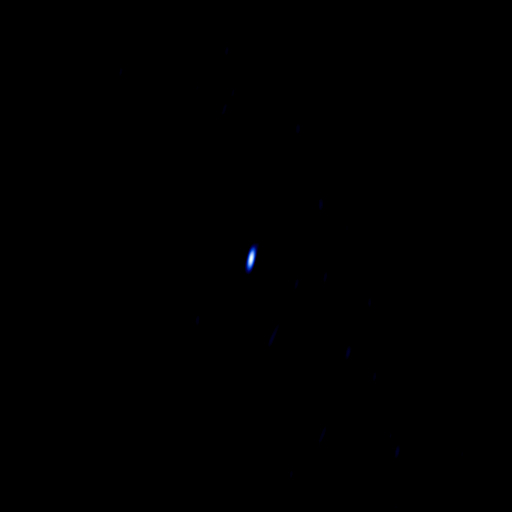
The small blue dot – planet Earth
Mooji‘s take on emptiness is
Being empty does not mean merely
being empty of thoughts, feelings, desires,
but more to be free from ego and its influence.
Ego identity is the main cause of suffering.
Only when one is free from ego and its delusions,
Will one discover their innate wisdom
True harmony, peace, unbound joy and life eternal.
– Mooji
And Master Guojun says that nothing arises alone:
“Everything that comes into being depends on everything else. Nothing arises by itself.
—Master Guojun, “The Calligrapher’s Apprentice“
And Pamela Gayle White writes:
Because of ignorance, we are unaware of the ultimate, fundamental interconnectedness of existence, and our universe is perceived not as the ever-changing lace of illusion it is but as a solid, somewhat static confrontation between self/me and other/everything else.
—Pamela Gayle White, “The Pursuit of Happiness“
So you see, we life in an interconnected universe and the insight of interbeing can provide us with a lot of wisdom, compassion and freedom.
When we realize our connection to the whole, our anxieties, worries, and fears float away like a big white cloud floating across the sky.
It also helps us reconnect with the planet we live on and not separate the welfare of the planet from the welfare of its inhabitants – whether human, animal or plant.
Our connection becomes intimate and we know that our survival depends on the survival of other people, animals, plants and minerals.
Please spend a few moments contemplating what Thich Nhat Hanh, Mooji and Master Guojun have taught us.
Then, please write to us about your experience.


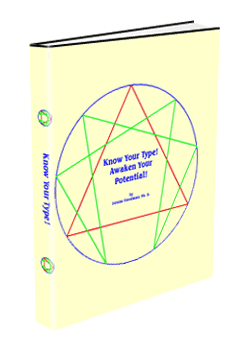
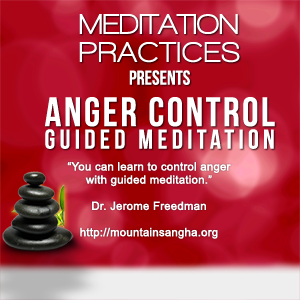
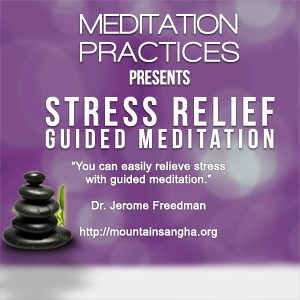
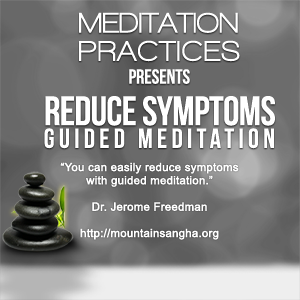


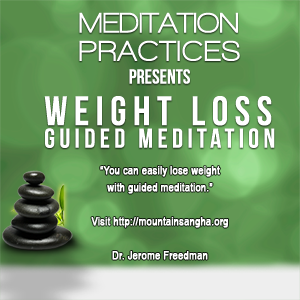


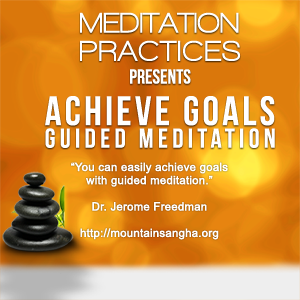
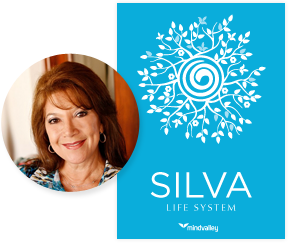
You must be logged in to post a comment.